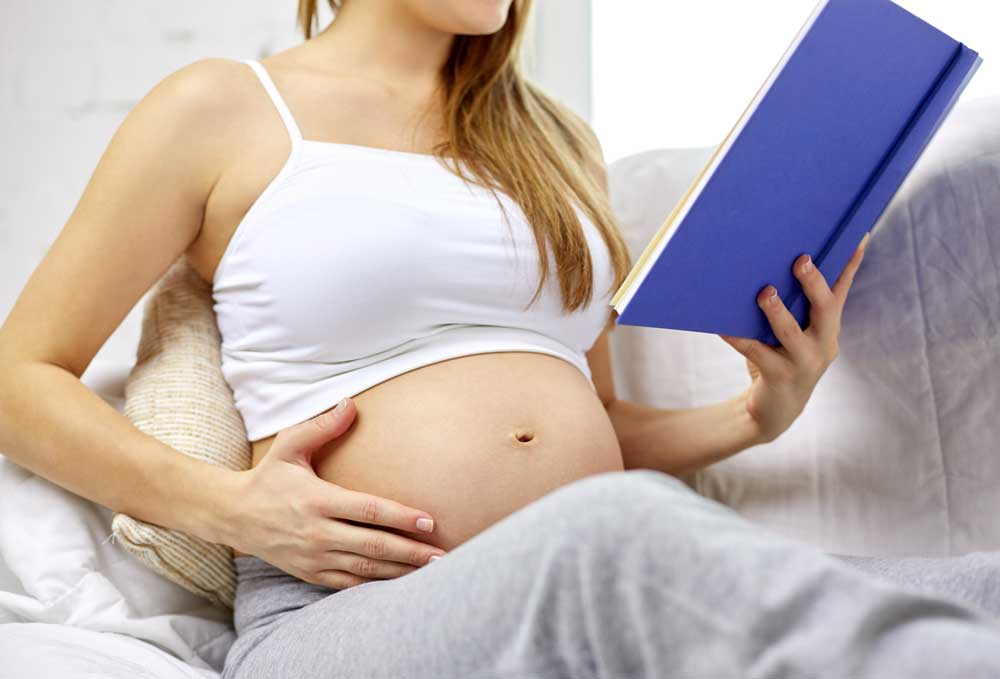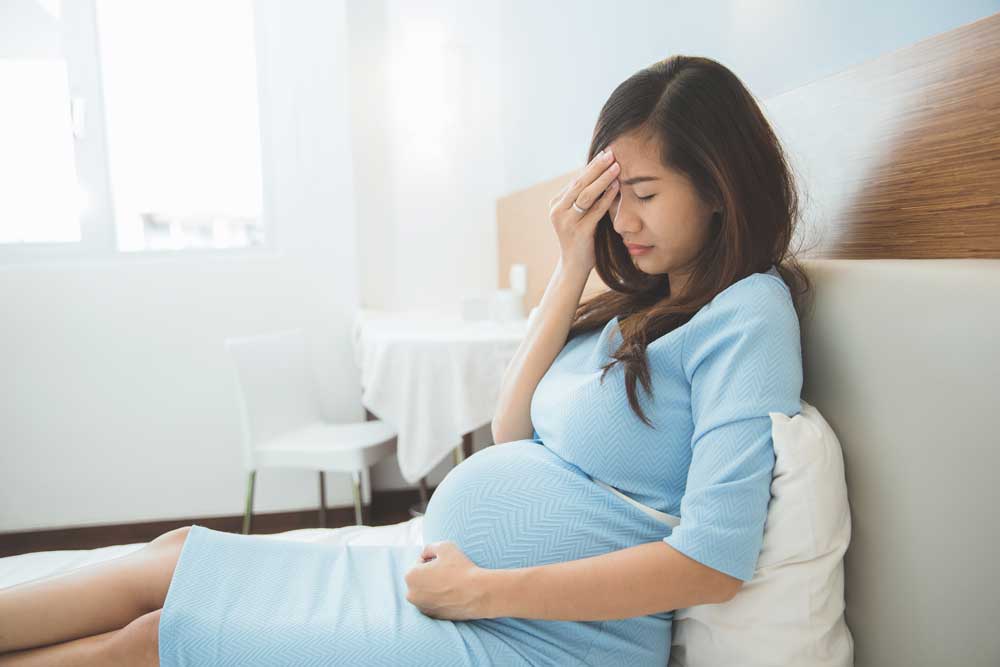Pregnancy is beautiful, after all, you are bringing a new life into the world and this is amazing. However, within pregnancy, there are challenges and complications all Mums-to-be should be aware of. Many challenges during pregnancy can come in the form of common symptoms, whilst others are much more individual and can become serious.


Here are some of the more serious complications and what to look out for:
Urinary Tract Infections (UTI)
UTI’s are more common in women anyway, but as a pregnant lady, you can be even more susceptible. Some doctors also theorize that as the uterus grows, its increased weight can block the drainage of urine from the bladder, therefore causing an infection. Look out for signs such as:-
Discomfort while urinating
Needing to urinate, but unable to
Pain in lower back and/or lower stomach
Change in temperature
They can be very uncomfortable, but it’s important that you drink plenty of water and get yourself to your GP, who will prescribe antibiotics to treat the infection. Do not leave it, as it can spread to kidneys and blood.
Anemia
When you are pregnant, your requirements for iron will rise significantly. This is due to the expansion of blood and because baby is using much of your iron intake. If you are beginning pregnancy with low iron levels, you are at more risk to anemia as your journey progresses. Morning sickness can also make it worse. The recommended daily amount of iron for pregnant women is 27 milligrams a day. Some common symptoms of anemia are: –
Weakness or fatigue.
Dizziness.
Chest Pain.
Pale skin, lips, and nails.
Cold hands and feet.
Trouble concentrating.
Your GP can confirm your iron levels with a blood test.
Ectopic Pregnancy
The word ‘Ectopic’ means ‘out of place’, and an ectopic pregnancy is when a fertilized egg implants itself outside of the uterus. Sometimes this is also referred to as a ‘tubal pregnancy’, and occurs when the egg places itself in the fallopian tubes. These tubes do not provide enough space and nurturing for growing baby, causing the fetus to eventually burst through the tube. This is a serious risk to the mother and can cause extensive internal bleeding. First symptoms of an Ectopic pregnancy are: –
Vaginal bleeding, which may be light.
Abdominal (belly) pain or pelvic pain, usually 6 to 8 weeks after a missed period.
As an ectopic pregnancy progresses, other symptoms may develop, including:-
Belly pain or pelvic pain that may get worse with movement or straining. It may occur sharply on one side at first and then spread throughout the pelvic region.
Heavy or severe vaginal bleeding.
Pain with intercourse or during a pelvic exam.
Dizziness, light-headedness, or fainting (syncope) caused by internal bleeding.
Signs of shock.
Shoulder pain caused by bleeding into the abdomen under the diaphragm. The bleeding irritates the diaphragm and is experienced as shoulder pain.
An ultra sound will confirm the high-risk pregnancy, and in most cases an injection of methotrexate will stop the growth of the embryo, terminating the early pregnancy. If the pregnancy is further along, a surgery may be needed to remove it.
Thromboembolic disorders
Thromboembolic disorders are blood clots that form within the blood vessels. They represent a much more extreme and rare risk in pregnancy. Most complications due to these blood clots occur from injuries which happen during delivery. If a woman has had blood clots from a previous pregnancy they may be given heparin to prevent them from forming again. Symptoms of Thromboembolic disorders include: –
Having had thrombosis (a clot) before.
Being over 35.
Having thrombophilia – a condition that makes clots more likely.
Being obese – with a BMI of 30 or more.
Carrying twins or more.
Having a parent, brother or sister who has had a thrombosis.
Having fertility treatment
Having just had a caesarean section
Not moving (being immobile) for long periods of time, including long-distance travel of more than four hours, or after an operation
Being a smoker
Having severe varicose veins – if they are painful or above the knee with redness or swelling
Dehydration
What are the symptoms?
The symptoms usually, but not always, occur in one leg only. Seek advice from your midwife or doctor immediately if you notice one or more of the following symptoms in your leg:
Swelling
Pain
Warm skin
Tenderness
Sources: NHS, WebMD
